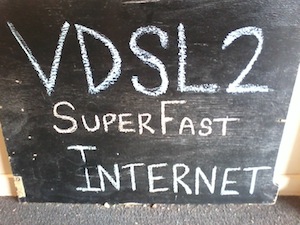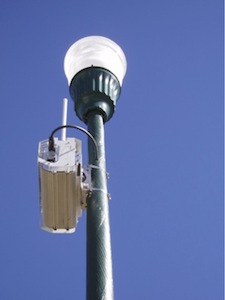Google Fiber's Provo deal is Internet on the instalment plan

A cashless transaction.
Google will be rolling out its fiber to the home offering in Provo, Utah next week. The company signed the deal to buy the city-owned system on Monday. Negotiated and approved by the Provo municipal council in April, the final details were ironed out and Google took possession of the system this week.
Google got the system in exchange for a token payment and a promise to finish building out the FTTH system to everyone in the city, and provide free service for seven years at something like 5 Mbps to any resident that pays a $30 installation fee.… More









